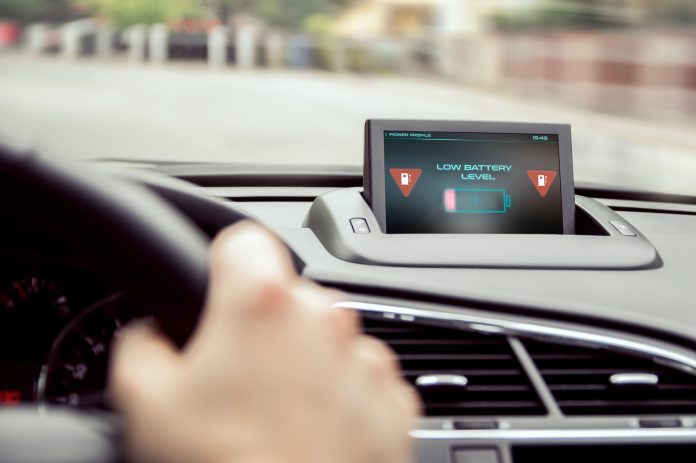As the U.S. braces for brutal heat waves, new findings from battery range experts at Recurrent reveal how high temperatures impact the electric vehicle (EV) range. With a heat dome causing dangerously hot conditions across the Midwest and Northeast, heat index temperatures are expected to reach 105°F (41°C) in the coming week. Therefore, understanding the effects of extreme heat on EV performance is crucial.
A recent study by Recurrent, which offers EV battery health reports for owners, shoppers, and dealers, examined real-world data from over 7,500 electric cars in the U.S. The “Summer & Hot Weather on Electric Car Range” study provides key insights into how EVs cope with soaring temperatures.
Key Findings:
- EVs generally perform well in temperatures up to 90°F (32°C), with only a 2-5% reduction in range.
- However, in extreme heat, above 95°F (35°C), EVs can experience a significant loss of range, between 20-30%.
When Heat Becomes a Problem:
- Low Battery Charge: Keeping your EV battery at a very low charge can hamper its thermal management, making it harder to keep the battery cool.
- Extended Exposure: Leaving an EV in the hot sun for weeks can be detrimental. Parking in the shade or a sheltered spot, especially during extreme heat, is advisable.
Impact of Air Conditioning:
- Using air conditioning (A/C) in normal summer conditions has minimal effect on EV range.
- The initial cooldown from 95°F to 70°F can use 3-5 kW of energy, but maintaining that temperature only requires about 1 kW.
- Pre-cooling the EV while plugged in can prevent range loss associated with A/C use.
Environmental Impact:
- Driving an EV can help reduce extreme heat days, as fossil fuel-powered transportation is a significant contributor to climate change. EVs, with their lower emissions, help combat this effect.
Energy Resilience:
- Consider installing a solar and battery storage system to enhance home resilience and reduce power outages. EnergySage offers a free service to find trusted, competitive solar installers, helping you save 20-30% compared to going alone.
Nevertheless, while EVs handle moderate heat well, extreme temperatures can significantly impact their range. Proper battery management and smart parking choices can mitigate some of these effects. Additionally, EVs offer environmental benefits that can help reduce the frequency of such extreme heat events in the future.



